Fundamentalism, Sectarianism, and Revolution: The Jacobin Dimension of Modernity
Fundamentalism, Sectarianism, and Revolution is a major comparative analysis of fundamentalist movements in cultural and political context, with an emphasis on the contemporary scene. Leading sociologist S. N. Eisenstadt examines the meaning of the global rise of fundamentalism as one very forceful contemporary response to tensions in modernity and the dynamics of civilization. He compares modern fundamentalist movements with the proto-fundamentalist movements which arose in the 'axial civilizations' in pre-modern times; he shows how the great revolutions in Europe which arose in connection with these movements shaped the political and cultural programmes of modernity; and he contrasts post-Second World War Moslem, Jewish and Protestant fundamentalist movements with communal national movements, notably in Asia. The central theme of the book is the distinctively Jacobin features of fundamentalist movements and their ambivalent attitude to tradition: above all their attempts to essentialize tradition in an ideologically totalistic way.Eisenstadt has won the Amalfi book prize.
{{comment.content}}
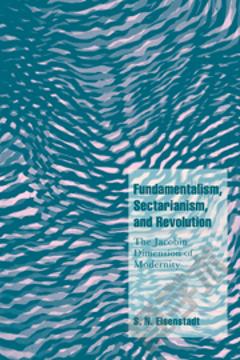
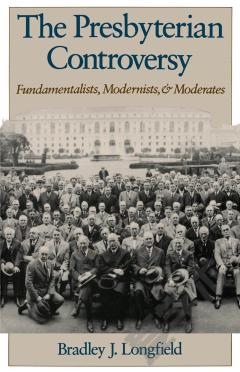
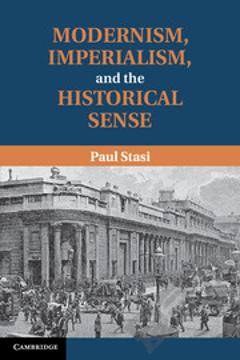
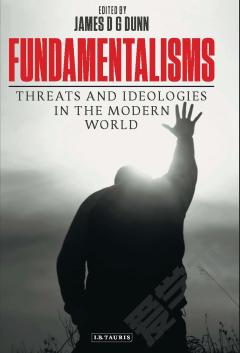
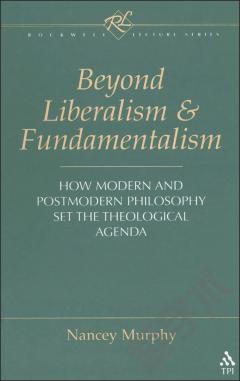
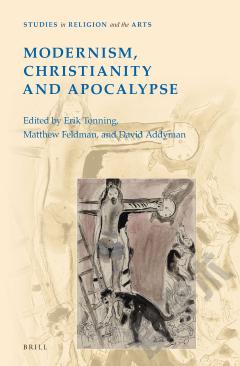
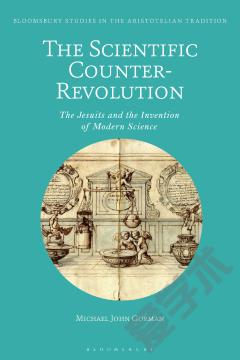

 京公网安备 11010802027623号
京公网安备 11010802027623号